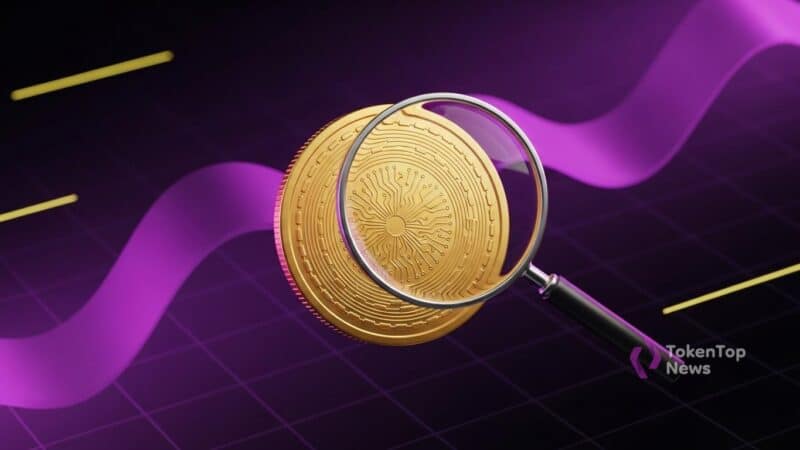EU Considers Digital Euro on Public Blockchains
- The EU explores issuing a digital euro on Ethereum ETH +0.00% and Solana.
- ECB aims to enhance monetary sovereignty through this initiative.
- Potential competitive impact on existing stablecoins.

EU officials explore launching a digital euro on Ethereum and Solana public blockchains, anticipating a historical shift in CBDC design to enhance Europe’s monetary autonomy.
This development could reshape stablecoin market dynamics, challenging U.S. dollar dominance and driving speculative interest in affected networks like Ethereum and Solana.
The European Union is considering a groundbreaking move by issuing a digital euro on public blockchains like Ethereum and Solana. EU officials are exploring both centralized and decentralized options to enhance Europe’s monetary autonomy.
The European Central Bank (ECB), spearheaded by Executive Board member Piero Cipollone, leads this initiative. Cipollone emphasizes privacy and curbing U.S. dollar stablecoin dominance as key motivations behind the digital euro exploration.
The potential introduction of a digital euro could reshape the financial landscape, impacting European businesses and consumers. The ECB stresses that the digital euro would align with privacy standards and bolster economic resilience.
Financial implications include heightened competitive pressure on established stablecoins like USDT and USDC. These changes suggest a comprehensive shift in European financial services, aligning with MiCA regulation supporting digital asset innovation.
Historical precedents like the Digital Yuan illustrate the potential for wide-scale CBDC competition. The EU intends its digital euro to compete effectively, prompted by previous financial modernization endeavors by entities like the ECB.
The ECB’s focus on technical platforms like Ethereum and Solana provides insights into potential financial outcomes. As no official blockchain has been selected, speculative interest and development proposals are on the rise among Layer 1 chains and stables.
“The digital euro would offer people and businesses in the euro area a payment solution with the highest privacy standards. The ECB and the Eurosystem would not be able to identify who you are or what you are buying from the payment data we get.” – Piero Cipollone, Executive Board Member, ECB





